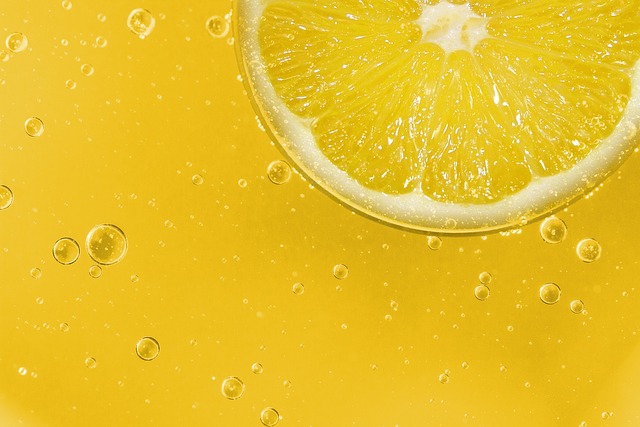Probiotic Foods You Should Incorporate into Your Diet Today for a Healthier Tomorrow
Probiotics are live bacteria and yeasts that are good for your health, especially your digestive system. These beneficial microorganisms can be found in various foods and supplements, and consuming them can help maintain a healthy balance of gut bacteria, improve digestion and immunity, and even reduce the risk of certain diseases. In this blog, we’ll discuss some of the best probiotic foods that you should add to your diet to reap their benefits.
-
Yogurt
Yogurt is a classic source of probiotics and has been used for centuries to promote digestive health. It is made by fermenting milk with live cultures of bacteria, such as Lactobacillus bulgaricus and Streptococcus thermophilus. These strains of bacteria convert lactose into lactic acid, making yogurt easier to digest for those who are lactose intolerant. In addition to these strains, some brands of yogurt also include other types of beneficial bacteria, such as Bifidobacterium lactis and Lactobacillus acidophilus. To fully benefit from probiotics, make sure to choose yogurt that is labeled “live and active cultures.”
-
Kefir
Kefir is a fermented milk drink that originated in the Caucasus region of Eastern Europe. It is made by adding kefir grains, a starter culture of bacteria and yeasts, to milk. Kefir has a thicker consistency than yogurt and a tangy, slightly sour taste. It is rich in probiotics, including Lactobacillus kefiranofaciens, Streptococcus thermophilus, and Lactobacillus acidophilus. Kefir also contains prebiotics, which are fibers that feed the probiotic bacteria and help them thrive.
-
Sauerkraut
Sauerkraut is a fermented cabbage dish that is popular in Central and Eastern Europe. It is made by slicing cabbage and fermenting it in brine with lactic acid bacteria, such as Lactobacillus plantarum. The fermentation process not only adds a distinctive sour flavor to the cabbage but also increases its nutritional value. Sauerkraut is rich in vitamins C and K, as well as probiotics that can boost digestive health and immunity.
-
Kimchi
Kimchi is a traditional Korean side dish made from fermented vegetables, usually cabbage and radish, flavored with a range of spices, such as garlic, ginger, and chili peppers. Like sauerkraut, kimchi is rich in probiotics, particularly Lactobacillus kimchii and Lactobacillus brevis. Studies have suggested that consuming kimchi regularly can reduce inflammation, improve insulin sensitivity, and lower cholesterol levels.
-
Miso
Miso is a paste-like condiment that is made by fermenting soybeans with salt and a type of fungus called koji. It is commonly used in Japanese cuisine to flavor soups, marinades, and sauces. Miso is a good source of protein, vitamins, and minerals, and also contains probiotics, such as Lactobacillus plantarum and Lactobacillus paracasei. Research has suggested that consuming miso can improve gut health and reduce the risk of breast cancer.
-
Kombucha
Kombucha is a fermented tea that is made by adding a symbiotic culture of bacteria and yeast to sweetened black or green tea. The resulting drink has a slightly effervescent quality and a tangy, slightly sweet taste. Kombucha contains a variety of probiotic bacteria and yeasts, such as Lactobacillus acidophilus, Bifidobacterium bifidum, and Saccharomyces boulardii. Drinking kombucha regularly can help improve digestion and reduce inflammation.
-
Tempeh
Tempeh is a fermented soybean product that originated in Indonesia and is now popular in many countries as a meat substitute. It is made by cooking soybeans and then inoculating them with a starter culture of Rhizopus mold. The mold helps to break down the soybeans and create







